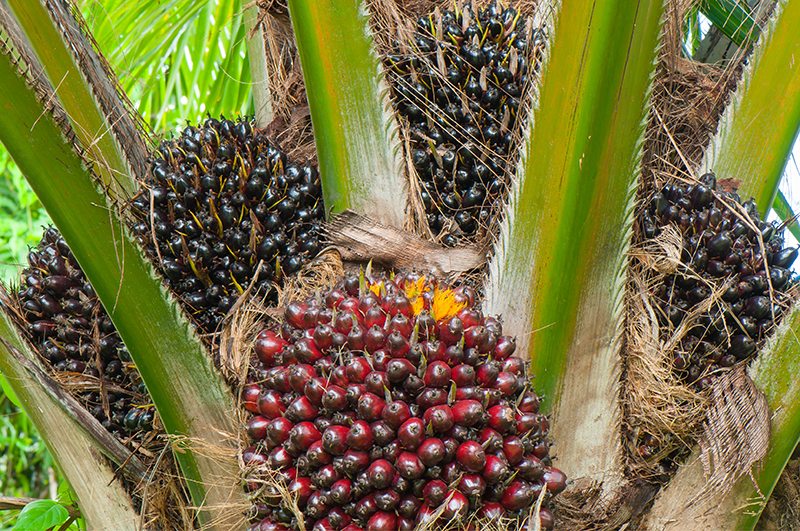MPOC Acknowledges EUDR Simplifications but Cautions More Efforts Required to Bring Tangible Benefits for Producing Countries
In a significant move to clarify the EU Deforestation Regulation (EUDR), the European Commission released a simplification package, prompting concerns from the Malaysian Palm Oil Council (MPOC) regarding further efforts needed.

The European Commission published a new simplification package on 17 April 2025 for the EU Deforestation Regulation (EUDR), updating its Guidance and FAQ documents for importers and the competent authorities of Member States. This package follows through on the Commission’s December 2024 pledge to “provide further clarification on the legislation and explore additional simplifications through updates of the guidelines and the FAQ document”.
A central feature of the package is a proposal to significantly reduce the number of Due Diligence Statements (DDSS) that must be submitted via the EUDR’s IT platform. The Commission estimates these changes will reduce compliance-related administrative costs for companies by 30%.
MPOC acknowledges the Commission’s efforts to ease the administrative burden on businesses and strongly supports global initiatives to protect forests and preserve biodiversity. However, compliance mechanisms must reflect fundamental differences, as a one-size-fits-all approach imposes unnecessary costs on low-risk producers, which drives up prices for European consumers without delivering any environmental benefits.
While the simplification package includes long-awaited clarifications, such as allowing annual DDS submissions to be passed along supply chains, it offers no substantive update on the Commission’s benchmarking process. These simplifications may not fully benefit producing countries, as they are still required to meet the EUDR’s rigorous due diligence requirements, which consume significant financial resources, especially for smallholders.

The EUDR minimises EU-driven deforestation and forest degradation. It requires seven commodities and their derivatives - cattle, cocoa, coffee, oil palm, rubber, soya, and wood entering the EU market to be deforestation-free, legally produced and covered by a due diligence statement. Of these seven commodities, Malaysia produces palm oil, rubber, timber, and cocoa.
EUDR will enter into the application by the end of 2025.

